
Home Minister Ramesh Lekhak Urges Swift Finalization of Corruption Prevention Amendment Bill
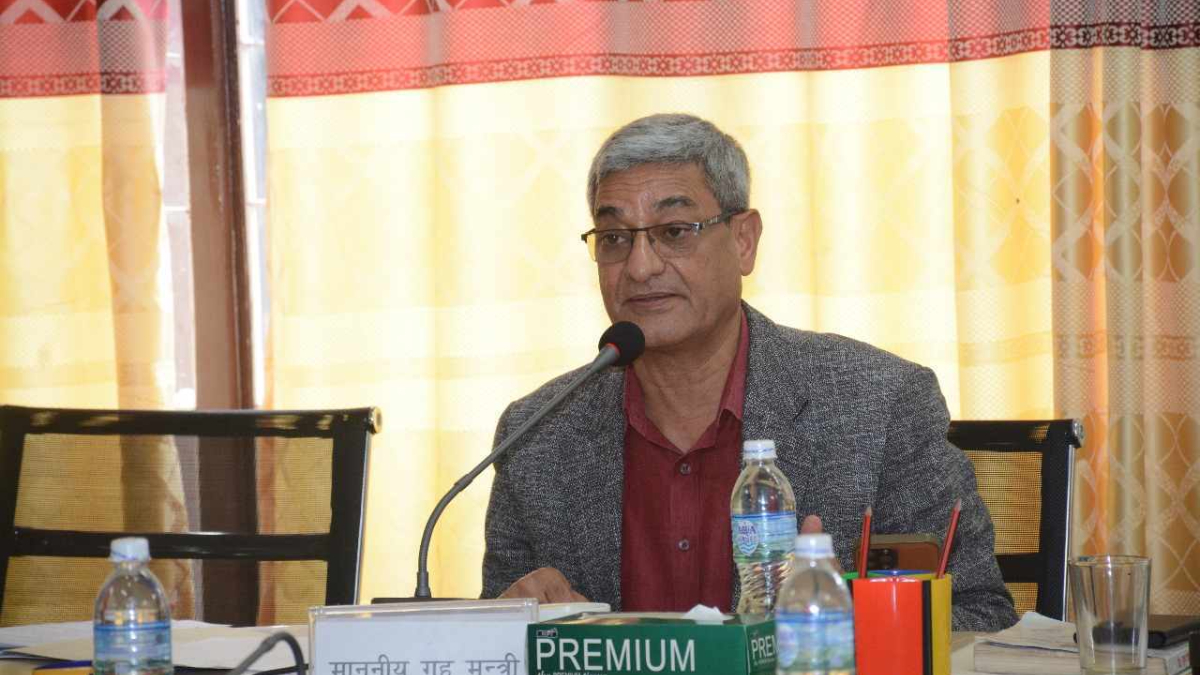
Home Minister Ramesh Lekhak has called for the swift finalization of the Bill designed to amend the Prevention of Corruption Act-2059 BS (2002). The Bill is currently under discussion in the State Affairs and Good Governance Committee of the House of Representatives (HoR).
During today’s deliberations on the Bill, Minister Lekhak emphasized the seriousness of corruption issues and expressed the government’s acceptance of the Committee’s proposed amendments. “Through the deliberations, significant issues have been identified, and the government wishes to see the endorsement of the Bill by the Committee promptly. Corruption issues are highly serious,” he stated.
The Minister proposed that the identified issues be resolved through clause-wise deliberations, underscoring the importance of addressing matters such as the potential expansion of the Commission for the Investigation of Abuse of Authority (CIAA)’s jurisdiction, the identification of complainants, the provision of time limitations, conflict of interests, and actions against officials responsible for delaying significant decisions.
“It seems appropriate to conclude these issues through clause-wise deliberations,” Minister Lekhak added.
Lawmakers Call for Removal of Time Limit on Corruption Investigations
Several lawmakers participating in the Committee’s discussion have voiced their opposition to the existing five-year time limit for investigating corruption cases, arguing that such a limitation could protect alleged corrupt individuals.
Arjun Narsingh KC argued that the five-year time limit is an “open challenge to the entire democracy” and should be removed. “There should be no time limit for investigating any alleged case of corruption, and it will not be acceptable under any circumstances,” he declared.
Roshan Karki echoed the call for removing the time limit, emphasizing the need for political commitment and action to prevent corruption. “The time limit for investigating corruption is not entertained,” he said, adding that such a provision could inadvertently promote corruption.
Prem Suwal accused political parties, administrative leadership, and corporate houses of having a special nexus that fosters corruption. He proposed expanding the CIAA’s jurisdiction to include the private sector.
Rajendra KC criticized the appointment of individuals with alleged corruption backgrounds to the CIAA, arguing that such appointments have hindered the agency’s effectiveness. He proposed that former judges be considered for appointment as CIAA officials to ensure the agency’s integrity and effectiveness.
The ongoing discussions in the Committee highlight the complexity of addressing corruption in Nepal and the urgency of passing robust legislation to tackle the issue.
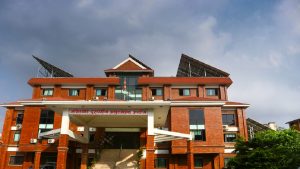
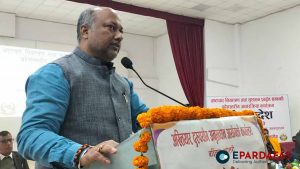
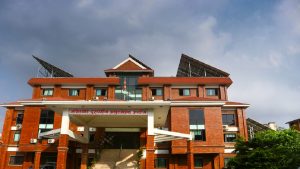
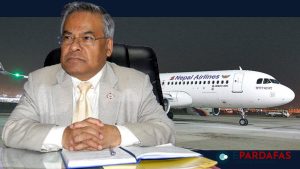
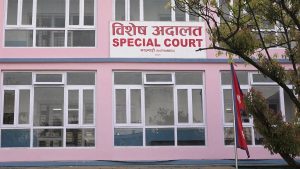
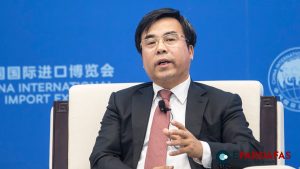






Comments